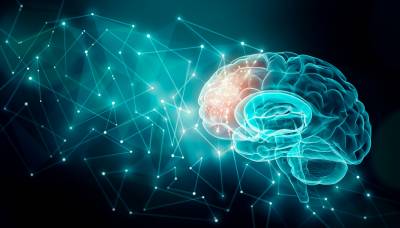A Conversation with Dr. Judy Edersheim and Dr. Bruce Price, Co-Founders and Co-Directors of the MGH Center for Law, Brain and Behavior
February 11th @ 10:00AM EST
MGH FTD Unit Community Forum Friday Webinar Series
Link to Livestream
Do you have questions about legal and financial considerations after a diagnosis of dementia? Have you thought about the role that an attorney can have as a member of your care team? Do you know the steps you can take to protect yourself and your vulnerable loved one in the face of financial scams?
Join Katie Brandt for a conversation with Dr. Judy Edersheim and Dr. Bruce Price, Co-Founders and Co-Directors of the MGH Center for Law, Brain and Behavior to discuss how families can recognize legal and financial threats and take action to protect their loved ones living with a diagnosis of dementia.
We hope that you will join us for this informative and engaging session!
Judith G. Edersheim, JD, MD
Assistant Professor of Psychiatry,
Harvard Medical School
Psychiatrist, Mass General Hospital
Co-Founder and Co-Director, The MGH Center for Law, Brain and Behavior
Bruce Price, MD
Senior Clinical Associate,
Department of Neurology,
Mass General Hospital
Associate Professor of Neurology,
Harvard Medical School
Co-Founder and Co-Director, The MGH Center for Law, Brain and Behavior
MGH FTD Unit Online Community Supports
We are partnering with community experts to bring you relevant information to navigate life with a diagnosis, caregiving and staying connected with our MGH FTD Unit community.
All Community Forum Fridays are Recorded and Posted to:
MGH FTD Unit YouTube Channel
Learn more about the MGH Frontotemporal Disorders Unit:






